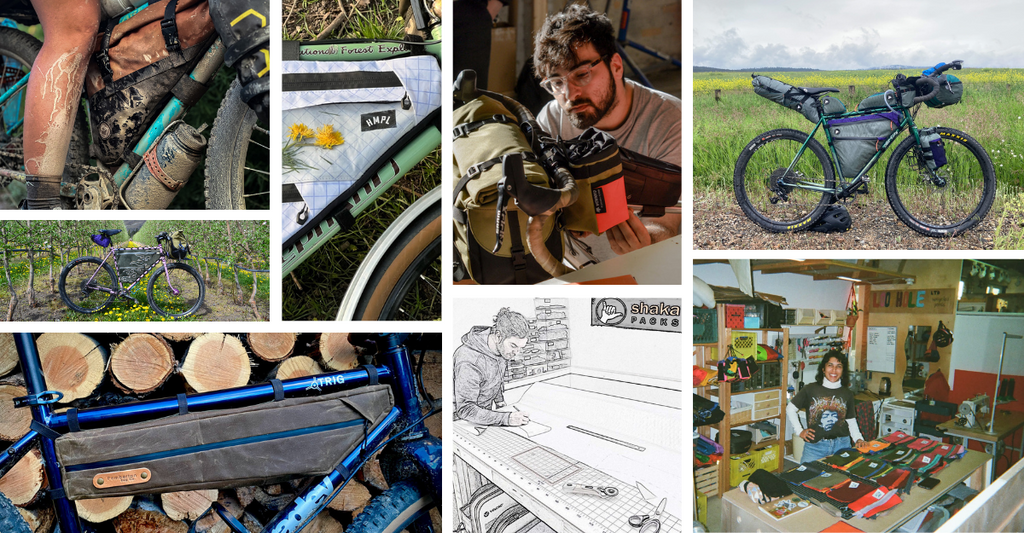I’m not out to knock gravel riders per se, in fact, my hats off to anyone who is able and willing to head out on two wheels and enjoy themselves. It’s your opinion that gravel bikers experience more ‘adventure’ than any others be it roadies, hard core mtbers, touring fanatics, etc…and that’s where I believe you are encountering some resistance. I’ve never put my riding choice above others in terms of which is most bold or audacious and starting a poll as to how others feel about gravel isn’t going to prove anything. There’s no doubt that gravel biking is gaining popularity mainly among the younger set and I’m certain that it will continue to thrive. Your experience with mtbs, road bikes was cut short due mainly to physical factors, ride position, medical conditions….but you seemed to have found your niche and that’s all good. Keeping an open mind about all riding disciplines is something we all need to be reminded of regardless of whether or not we excel at one particular style.
As for e-bike haters, there will always be those who are not convinced that these machines are still able to provide a vigorous workout and perhaps have not ridden one before. I witness it from both viewpoints as I continue to ride my analog daily and have even been passed by powered riders on several occasions. I say all the power to them.







